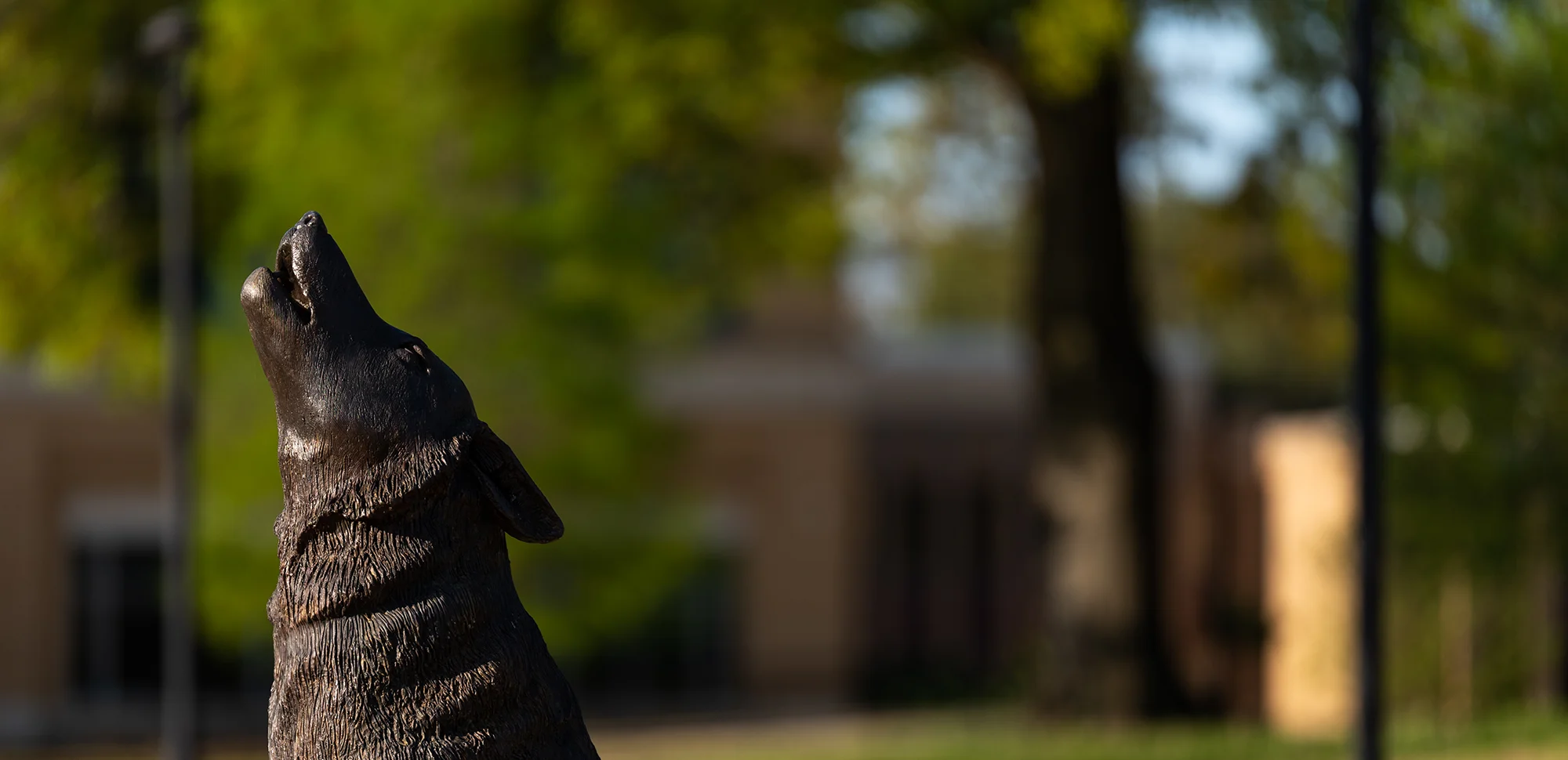Shared Governance

Shared Governance Committees serve as a vital platform for constituent engagement
in university decision-making. Guided by the principles and spirit of shared governance,
these committees carry out their designated responsibilities while also offering a
structured avenue for proposing changes to university policies.
Information & Resources
- Members of the SGOC meet to discuss and decide whether a proposal is a matter for shared governance. This part of the process is called “setting the disposition”.
- If the proposal is NOT considered a shared governance issue, it is returned to the author(s) with a rational from the committee regarding its decision.
- If the proposal IS considered a shared governance issue, it goes out to all reviewing constituency groups for initial review and comments. Individuals are allowed to make comments on the original document through their constituency group representative.
- All comments, on the proposal, are returned to the Responsible Committee.
Note: If all constituency group accepts the proposal as written the process can stop. - The Responsible Committee is given an opportunity to make changes to the proposal based on the submitted comments.
- When the comment period has concluded, the edited document is recirculated among the constituency group for an up or down vote.
- The outcome of the votes are tallied by the SGOC.
- A formal communication of the results are sent to the Chancellor.
- The Chancellor forms a response to the SGOC and campus.
The following steps occur, if deemed necessary by the Chancellor
- The recommendation(s) are sent to the President.
- The President presents the recommendation to the Board of Directors for a vote.
Shared Governance Proposal
Any constituent (individual or group) may submit a proposal into the shared governance process. In order to be considered, each proposal must contain the following and be directed to the Chairperson of the Shared Governance Oversight Committee (SGOC).
- Date:
- Sponsoring Constituent:
- Statement of the Issue: (This should be in a format appropriate for submission to the ASU campus community)
- Rational for Proposal: (Please include if this is a new or a modification of an existing policy or procedure)
- Type of review (i.e., expedited, full, or extended)
Shared Governance Committees
Oversight Committee
Academic, Institutional, & Student Committees
- Academic Budget Committee
- Academic Calendar Committee
- Academic Hearing Committee
- Buildings, Grounds, and Facilities Committee
- Computers/Technology Committee
- Development, Communications, and Alumni Committee
- Disability Services Committee (Access and Accommodations Committee)
- Education and Technology Committee
- Employee Benefits Committee
- Faculty Achievement Awards Committee
- Faculty Handbook Committee
- Faculty Research Awards Committee
- Financial Aid and Scholarships Committee
- General Education Committee
- Graduate Council
- Honorary Doctorate Committee
- Honors Awards Committee
- Honors Council
- Intercollegiate Athletics Committee
- International Students and Scholars Committee
- Lecture-Concert Committee
- Library Committee
- Parking and Motor Vehicle Committee
- Sponsored Programs Committee
- Staff Hearing Committee
- Student Disciplinary Committee
- Undergraduate Admission Appeals Committee
- Undergraduate Curriculum Committee
- Undergraduate Enrollment and Academic Policy Committee
- Undergraduate Graduation and Academic Appeals Committee
- University Academic Integrity Committee
- University Diversity and Affirmative Action Committee (Equal Opportunity Committee)
- University Planning Committee
- University Promotion, Retention, and Tenure Committee (UPRTC)
Accreditation & Assessment Committees
Federal Regulatory Committees
- Agricultural Animal Care and Use Committee
- Institutional Animal Care and Use Committee
- Institutional Biosafety Committee
- Institutional Review Board for the Protection of Human Subjects in Research
- National Endowment for the Humanities Selection Committee
- Radiation and Safety Committee
